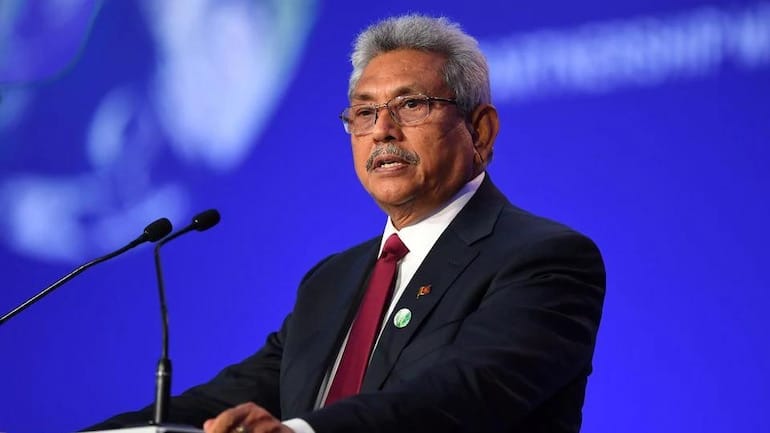Sri Lanka’s economic crisis worsens as inflation rises to 29.8% in April, where it was recorded at 18.7% in March. Protests in Sri Lanka turn violent, demanding Gotabaya’s resignation.
The crisis in Sri Lanka escalated to a greater extent when inflation touched 30% in April, up from 18.7% in March. The nation is struggling with such an economic crisis that has never been witnessed before. The Sri Lankan president, Gotabaya Rajapaksa, who was elected as the President of this nation following a landslide victory, has become the most unpopular president in Sri Lankan history.
On the other hand, food inflation reached 46.6% in April, up from 30.21% in March. The government decided to float the rupee in March as it ran out of foreign currency. This has resulted in the depreciation of the Sri Lankan rupee by over 60%. further, affecting the prices of essential commodities.
To come out of the economic crisis, Sri Lanka needs a minimum of $4 billion. However, the country is in constant contact with international institutions and giant economies like China and Japan for financial assistance.
President Gotabaya Rajapaksa asks the citizens to follow a “pro-people struggle.”
On one hand, Sri Lankans have lost faith in the current ruling government due to its methods of handling the crisis. On the other hand, the Sri Lankan president is asking the opposition to leave their differences behind and unite against the massive economic crisis that the country is facing. Furthermore, Gotabaya has urged Sri Lankans to steer a “pro-people struggle” amidst the demand for his resignation.
The remarks came just after the powerful Buddhist clergy in Sri Lanka warned President Gotabaya of heavy consequences. The community stated that people would be influenced to reject all the politicians if Prime Minister Rajapaksa, Gotabaya’s elder brother, did not resign from his post. The people want a solution to the economic crisis prevailing in Sri Lanka. And if Gotabaya Rajapaksa’s government is not able to handle the crisis, the government must voluntarily resign before the situation gets out of hand. Furthermore, the government must pave the way for an interim government that can be able to solve the issue.
The entire nation is witnessing protests at huge levels. On Thursday, approximately 1,000 trade unions went on a one-day strike. Several trade unions, including the state service, health, ports, electricity, education, and postal unions, joined the protest. The protest’s slogan was “Bow to the people, government go home.”
Published by: Diwakar Kumar
Edited by: Aaradhana Singh













